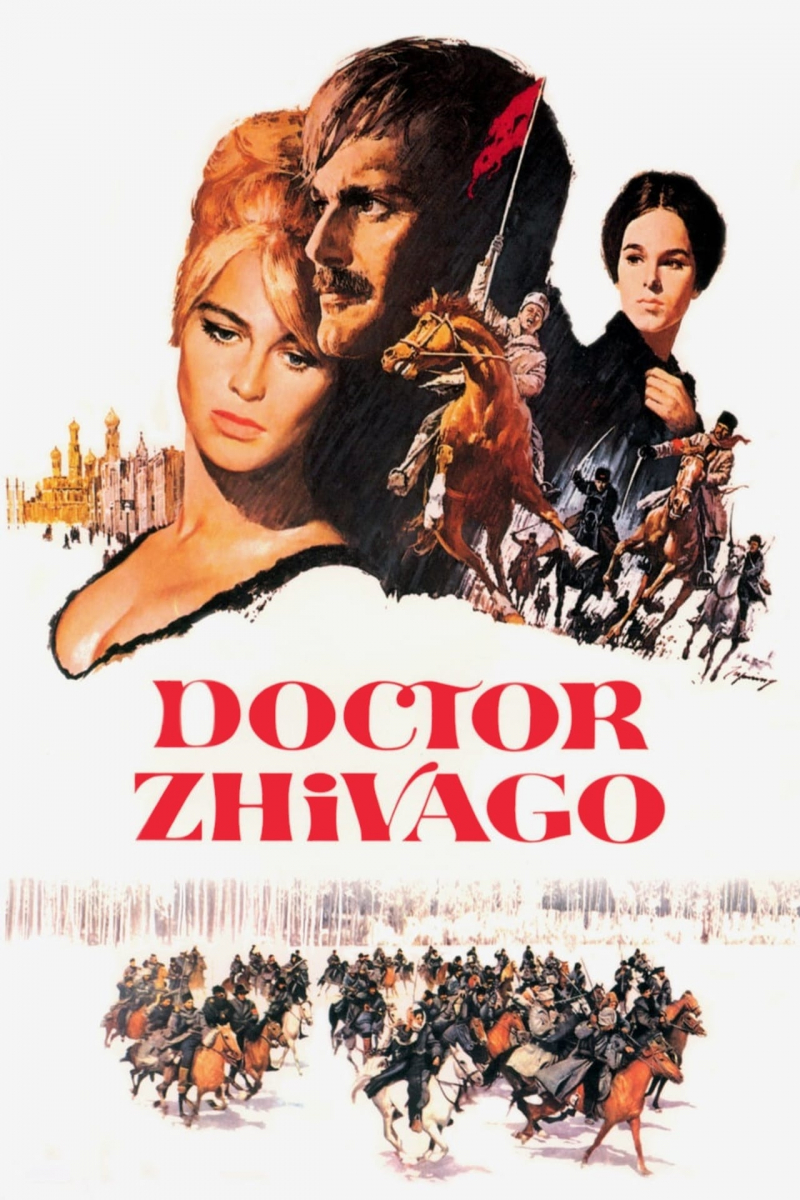Doctor Zhivago
It took until 1987 for this epic story of how the Russian Revolution and its aftermath affected a wealthy family to be released in the Soviet Union. One effect of its Western publication was Pasternak's utter rejection by Soviet authorities; as a result, he was forced to turn down the 1958 Nobel Prize for Literature. The book rapidly achieved global bestseller status. Pasternak's alter ego, Dr. Yury Zhivago, is a poet, philosopher, and doctor whose life is upended by the war and by his love for Lara, the revolutionary's wife. He is susceptible to the severity and violence of the Bolsheviks because of his artistic inclination. Some of the most exquisite writing in the novel is found in the poetry he writes.
Boris Pasternak initially rose to fame in Russia as a poet, but it was via his book Doctor Zhivago that he gained notoriety in the west. The book's rejection of socialist realism prevented it from being published in Russia. After being smuggled into Milan, the text was published there in 1957. Within hours, Doctor Zhivago spread like wildfire throughout the non-Communist world. Despite being a big seller around the world, it was only translated and circulated within his own country. Additionally, it assisted Pasternak in winning the 1958 Nobel Prize for Literature, which he turned down because of pressure from the Soviet Union. David Lean turned Doctor Zhivago into a movie in 1965. Five Academy Awards, including one for best adapted screenplay, were later given to the movie. Though the novel was initially banned, Doctor Zhivago has been part of the Russian school curriculum since 2003, where it is read in 11th grade.
Author: Boris Pasternak
Published: 1957












